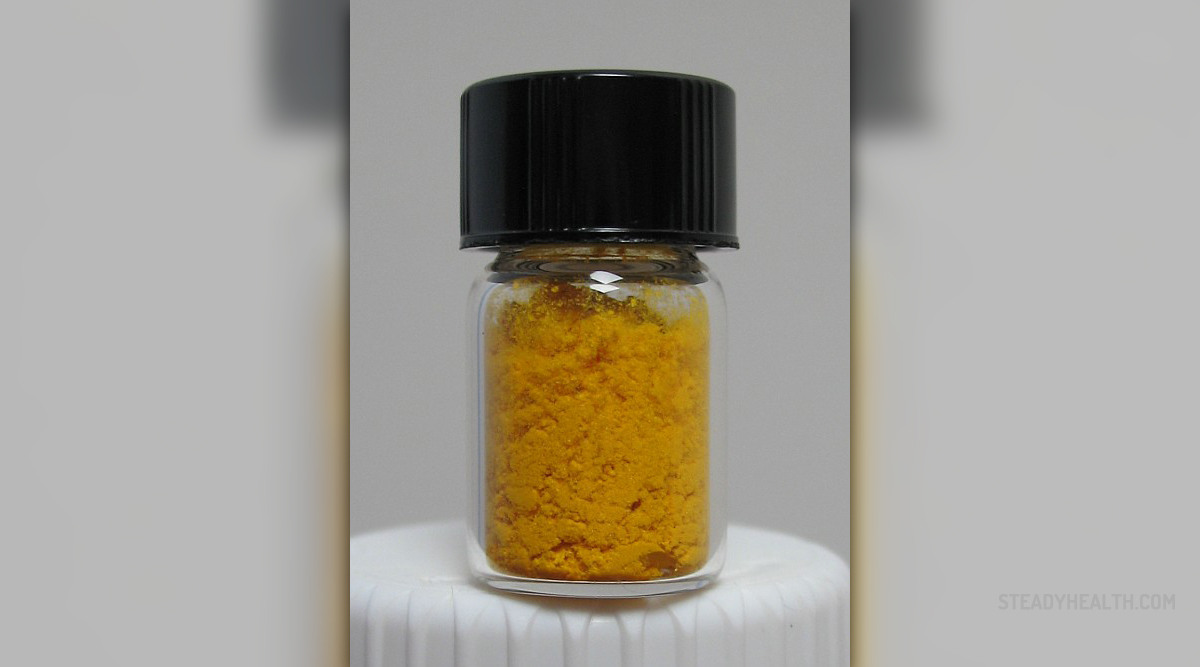
Folate or folic acid or vitamin B9 comes from the vitamin B family and it is a water-soluble vitamin, which is active biologically when liver tunes it into the dihydrofolic acid. Health of the individual and many functions of the body depend on the folic acid and one of the most important functions it performs is related to the repair of the DNA structure.
Folate is the name of the folic acid found in food, which is the biggest supplier of this acid. It can be found in leafy and green vegetables, turnip, mustard greens, broccoli, celery, spinach and similar foods. But foods such as meat, citrus fruits, beans, avocado, wheat germ, asparagus and beet are the richest sources of the folic acid. It is a very important vitamin, which makes the body function better, so it has to be included in the nutrition.
Importance
As we have said, the body greatly benefits from this vitamin, since it improves fertility, prevents eye diseases, increases breast milk, helps in the treatment of anemia and high blood pressure, reduces chances of depression and generally improves the health of an individual. The folic acid levels in the body can be reduced by certain habits, such as incorrect use of medications, poor nutrition, liver disease and abuse of alcohol. In these situations, but also in order to prevent this, it is important to consume proper food, which will maintain normal levels of folic acid in your body.
Dosage
Folic acid can be found as a supplement or an ingredient. 400 mcg is a normal dosage of the folic acid, while the dosage for a pregnant woman should be 600 mcg. This is a daily dose, which can differ, since there are factors such as fitness, physical status and age, which influence the dosage. Deficiency of folic acid rarely occurs, but there is a chance of overdose, which causes hyperactivity, psychotic behavior, seizures, and bitter taste in the mouth, diarrhea and insomnia among children. Children who are younger than 14 years can consume 150 mcg of folic acid, while older than 14 can consume 300 mcg. Daily dosage for men and women is approximately 400 mcg, while pregnant women need to take from 600 to 800 mcg or even more of folic acid.
The different absorption of folic acid supplements and folates introduced a dietary folate equivalent. A proper diet will even enhance the effect of this equivalent. There is a problem that can lead to death and this is the deficiency of vitamin B12, which can be solved by the intake of vitamin B12 supplements along with the folic acid supplements. This can be avoided, but we have to say that there are some side effects associated with folic acid, such as skin reaction and stomach problems, but they are associated with overdose and consumption of folic acid in dosages greater than 1000 mcg. So be careful not to exceed this dosage.

















Your thoughts on this
Loading...